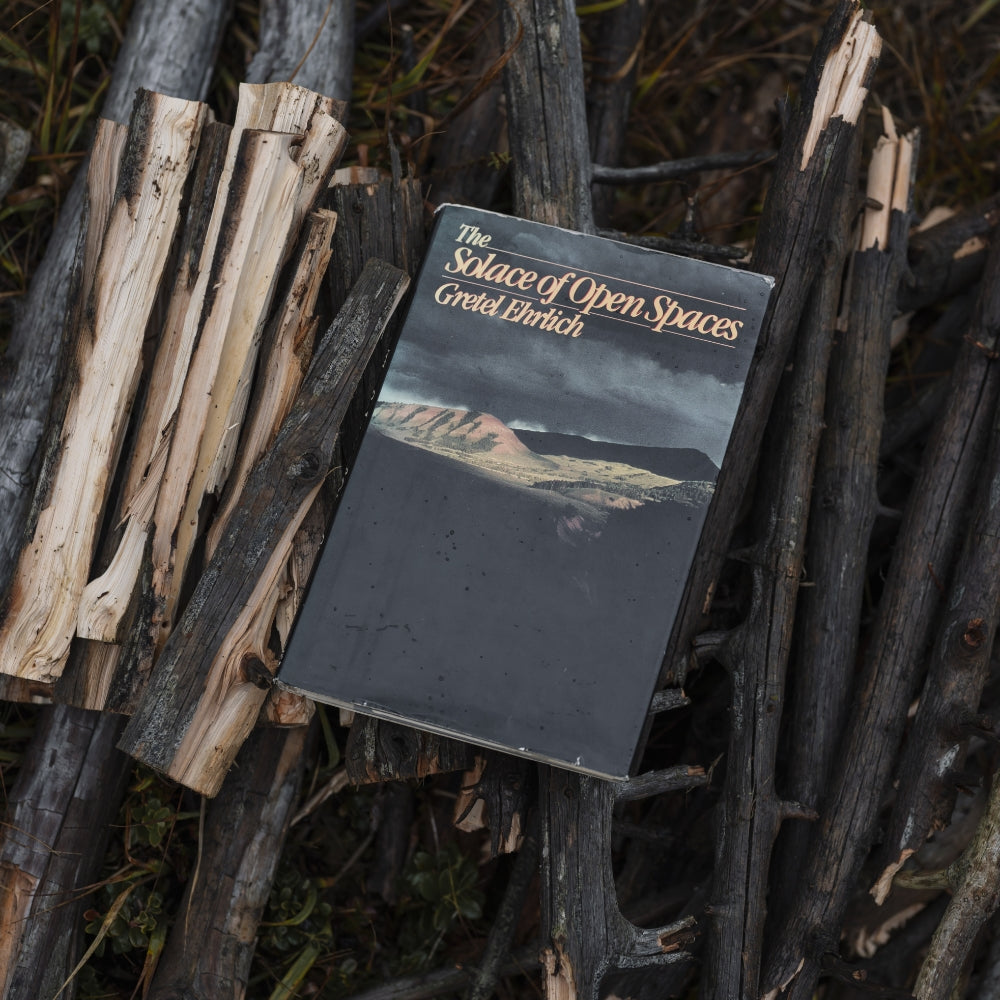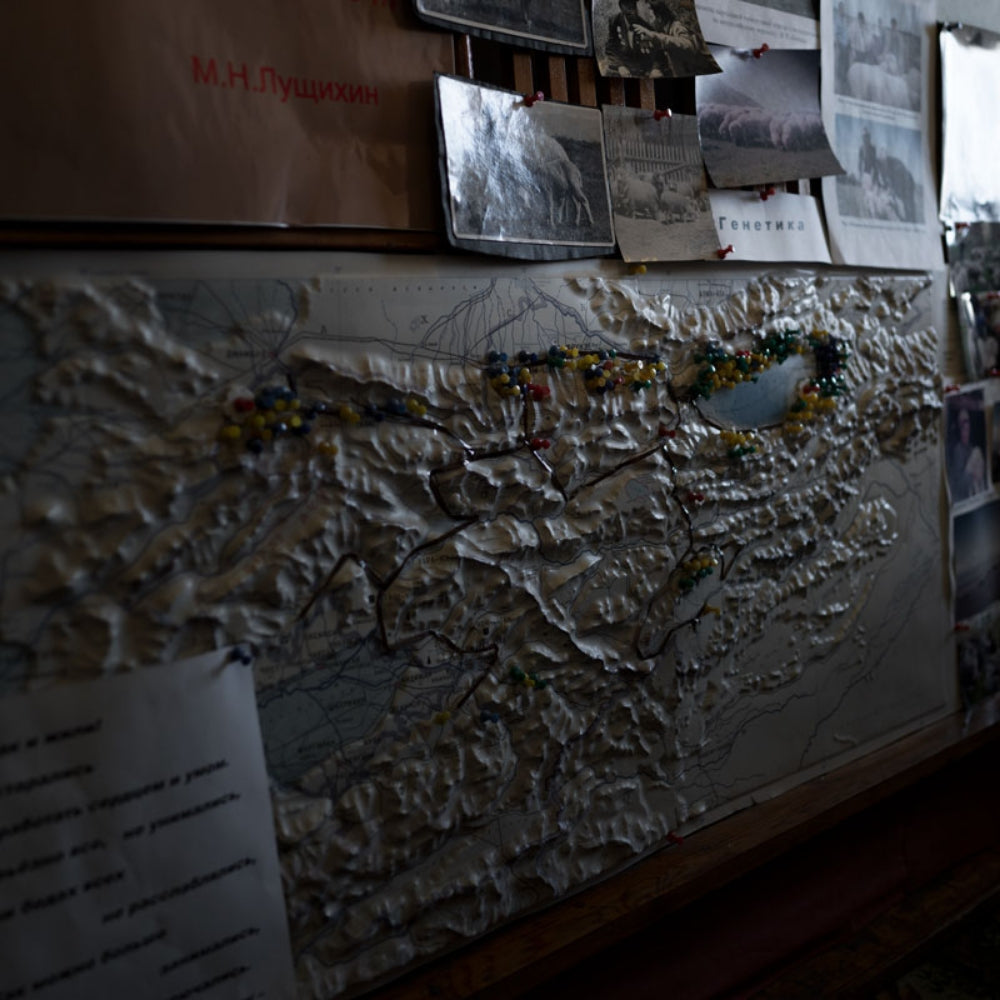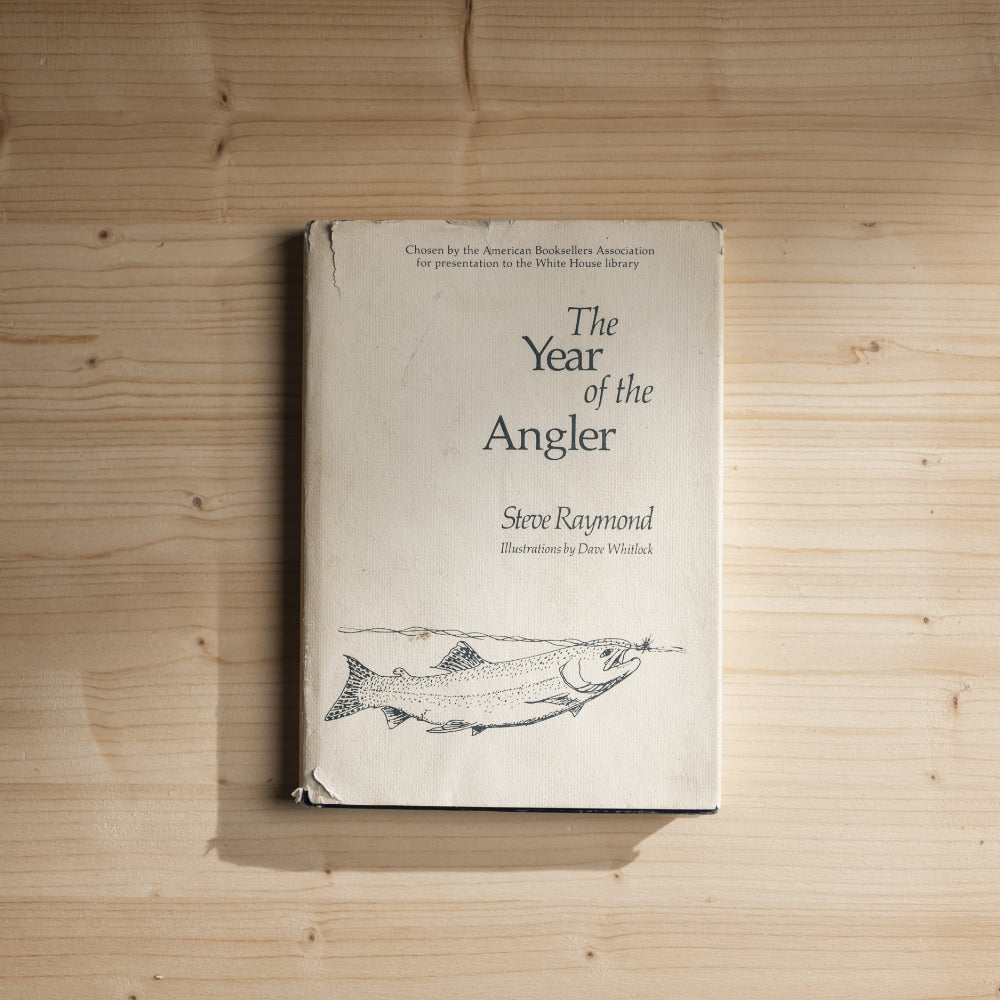Our Southern Highlanders by Horace Kephart is a landmark work that provides an intimate and detailed portrait of life in the Appalachian Mountains during the early 20th century. First published in 1913, this book remains a seminal account of the culture, traditions, and challenges faced by the people living in the remote highlands of the Southern Appalachians. Kephart’s writing is both a tribute to and an exploration of a way of life that was, even then, on the brink of change due to the encroachment of modernity.

Horace Kephart, who is perhaps best known for his extensive writings on outdoor living and survival, immersed himself in the Appalachian Mountains after a personal crisis led him to seek solace in the wild. His decision to live among the mountaineers for several years gave him unparalleled access to their world, and Our Southern Highlandersis the result of his deep, firsthand experience. Kephart’s respect for the people he wrote about is evident throughout the book, as he documents their lives with a mix of admiration, curiosity, and a keen anthropological eye.
The book is structured around Kephart’s observations and experiences in the mountains, divided into chapters that cover various aspects of life in the Southern Highlands. He writes about the geography and natural beauty of the region, but the heart of the book lies in his descriptions of the people—their customs, dialects, beliefs, and daily struggles. Kephart’s detailed account of the mountaineers’ lives provides a window into a community that was largely isolated from the outside world, preserving traditions and ways of life that had changed little over generations.
One of the key strengths of Our Southern Highlanders is Kephart’s ability to blend ethnography with storytelling. He offers vivid descriptions of the Appalachian landscape, from the dense, misty forests to the rugged peaks and deep hollows, painting a picture of a land that is as challenging as it is beautiful. But it’s the people who truly come to life in Kephart’s narrative. He describes their homes, food, clothing, and work, but also delves into their social structures, religious practices, and the unique challenges they face, such as isolation, poverty, and the harsh realities of subsistence farming.
Kephart does not shy away from discussing the hardships of life in the mountains, but he also highlights the resilience and resourcefulness of the mountaineers. His portrayal is balanced—while he acknowledges the difficulties they endure, he also celebrates their independence, strong community ties, and deep connection to the land. Kephart’s writing captures the paradox of life in the Southern Highlands: a harsh, demanding environment that nonetheless fosters a close-knit, self-reliant community.
One of the most compelling chapters in the book is Kephart’s discussion of the mountaineers’ relationship with the law and their practice of moonshining. Kephart’s exploration of this subject is both factual and empathetic, offering insights into why so many in the region turned to illegal distilling as a means of survival. He presents moonshining not just as a criminal activity, but as a deeply ingrained part of the local economy and culture, shaped by the isolation and economic challenges of the region.
Kephart also delves into the mountaineers’ folklore and superstitions, providing a fascinating look at the beliefs and stories that have been passed down through generations. These tales, often rooted in the harsh realities of mountain life, reflect the deep connection the people have with their environment and their efforts to make sense of the world around them.
Throughout Our Southern Highlanders, Kephart’s writing is infused with a deep respect for the Appalachian people and their way of life. While he approaches his subject with the eye of an outsider, his genuine admiration for the mountaineers and his desire to preserve their stories for future generations is clear. The book serves as both a document of a disappearing way of life and a testament to the enduring spirit of the people who call the Southern Highlands home.
Our Southern Highlanders by Horace Kephart is more than just a historical account; it’s a deeply personal exploration of a region and its people. Kephart’s detailed observations, combined with his thoughtful reflections, make this book an invaluable resource for anyone interested in the history and culture of Appalachia. It remains a classic work, offering insights into a world that has largely vanished, but whose legacy continues to shape the identity of the region.
As Kephart so eloquently writes, The mountains have a way of gripping a man and never letting go. This book captures that grip, pulling readers into a world that is as harsh as it is beautiful, as simple as it is profound. Our Southern Highlanders is a must-read for anyone who wishes to understand the unique and enduring culture of the Appalachian Mountains, and the people who have lived there for generations.











